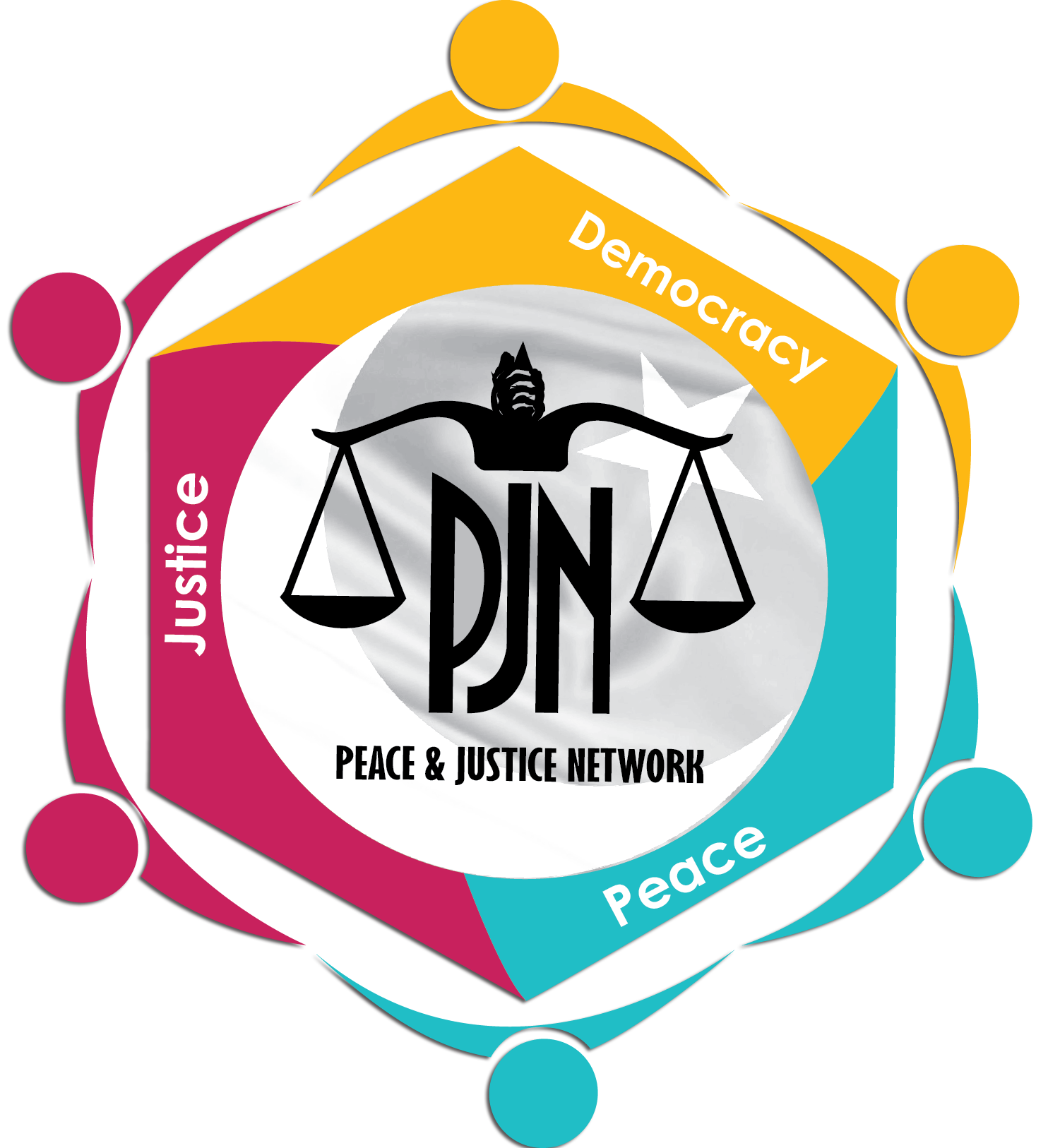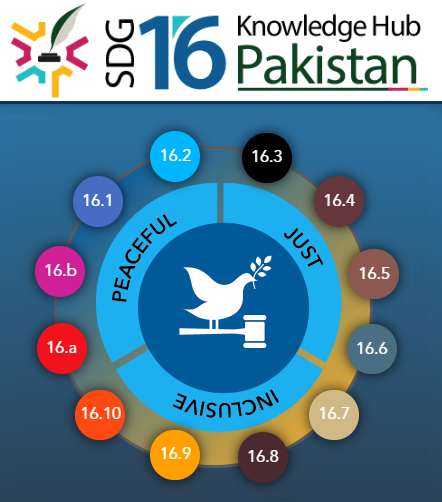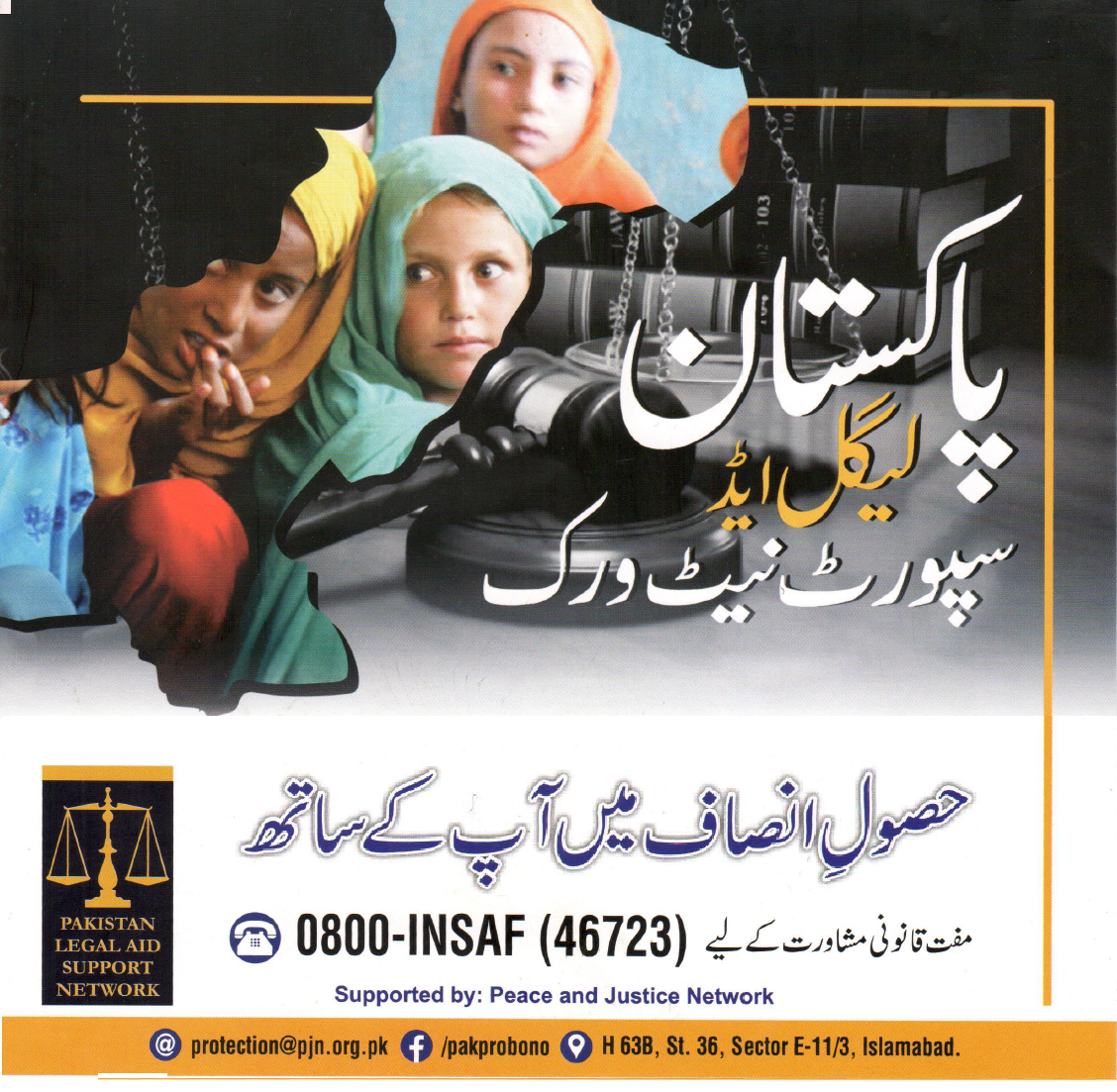On March 20, Islamabad High Court, in a bid to prevent the spread of deadly coronavirus in Pakistan’s overcrowded jails, ordered the federal government: to release under-trial prisoners accused of minor crimes, to refrain from making any further arrests in petty matters, and to release the suspects in police custody.
On appeal, the Supreme Court set aside the order while questioning the authority of the high courts to release under trial prisoners on suo moto basis, without hearing the complainant. It held further, such orders tantamount to interference in the exclusive domain of the executive to frame policies for the safety of the inmates.
The Supreme Court went on to halt the release of hundreds of prisoners who were supposed to be released under IHC’s orders and barred all the high courts, and the provincial governments from passing any such order. Moreover, the court approved a series of recommendations proposed by the Attorney General to give relief to vulnerable prisoners.
According to these, the prisoners can be freed, if they have been charged with offences not falling under the prohibitory clause or carrying less than 3 years imprisonment subject to the condition that the beneficiaries cannot be accused of violent crimes against women and children. Priority for release should be given to elderly prisoners having no previous convictions and those suffering from physical or mental disability; furthermore the concession may be extended to all women and juvenile under-trial prisoners.
When passing the impugned order dated March 20, the IHC observed that there is a great risk of outbreak of disease in terribly over-crowded prisons, therefore all those facing minor crimes should be released on bail, and under trail prisoners facing a month or two in completion of their sentence may also be released.
Even though IHC’s order was based on humanitarian consideration, it was deemed to be a decision taken in haste. Thus, the Chief Justice of Pakistan observed while setting it aside, ‘coronavirus is a serious issue, [but] decisions taken in haste and fear won’t work’.
The IHC’s order was laudable for two reasons; first, the spread of disease in our prisons can be instantaneous because of poor hygienic conditions attributable to lack of adequate sanitation facilities, and practice of keeping prisoners together in dormitories owing to space constraints.
As per figures quoted in the Supreme Court by the president SCBA, Pakistan has 114 jails with capacity of 47,000 inmates whereas the actual number of prisoners currently locked up is 77,000, meaning almost twice as many inmates as these prisons are designed for.
Secondly, because of the large population of ageing prisoners with underlying conditions, death toll can be staggering. According to independent studies, infections like tuberculosis and Hepatitis-C can spread in jails hundred times faster than regular dwelling places because of prisoners taking turn to sleep on a damp open floors side by side in stinking cell blocks, typifying breeding grounds for all kinds of bugs and viruses.
Having said this, one cannot fail to agree with the Supreme Court that the impugned order was passed in haste, as no guidelines were provided to identify the prisoners to be released. It was a blanket order purporting to benefit everyone charged with a ‘minor crime’, without defining such crimes.
The term ‘minor crime’ being subjective, some law enforcers took it to include offences against NAB Law, even the suspects in police custody were ordered to be released.
Accordingly, the Supreme Court while setting aside the order, noted with concern, the incidents of robberies and dacoities have increased many folds since the release was ordered. This is why, upon the recommendations of the Attorney General, the Supreme Court approved facility of bail to certain ‘pre-defined’ categories of prisoners, as detailed above.
Notwithstanding the corrective action by the Supreme Court, something positive came out of the episode. The focus of public debate was shifted to an unfolding humanitarian crisis which would have gone unnoticed otherwise, leaving us off guarded, had the virus struck our prisons with full force.
Moreover, because of IHC’s notice, the government was forced to look for alternative solutions to control the spread of virus in our prisons.
In addition to the recommendations made by the Attorney General, the government will be well advised to take notice of the countermeasures taken by other countries, some of which are outlined below:
- Quarantine facilities outside jail may be established for elderly/ high risk prisoners, particularly those above 60 years of age, if this is not possible at least their homes could be declared sub-jails. This would isolate them from other prisoners and help prevent further spread of the disease.
- Summary bail hearings may be held after issuing notice to the complainant. This should address the concern of the Supreme Court regarding release of the offenders without giving opportunity of hearing to the complainant.
- Electronic tagging of the offenders released on bail may be considered, so that on slight concern regarding their movements, the prisoners could be re-arrested.
Releasing or not releasing prisoners on bails in the wake of an epidemic outbreak is a difficult decision especially for the countries with overcrowded jails and having no health care or sanitation facilities for the inmates. Still, considering the fact that there is very little opportunity for social distancing in jails, catching the infection is almost unavoidable, and the same may even lead to fatalities.
Even if the general public is satisfied that prisoners are already quarantined, there is a serious risk of resurgence of the epidemic when these prisoners will be released on completion of their sentences in two, three or four months.
At the same time, releasing them en masses runs the risk of a surge in the crime rate. In any case, something needs to be done to ensure isolation of infected prisoners and to protect elderly and vulnerable inmates from catching the disease.
To meet this challenge, the government of Pakistan has resorted to the prohibitory clause rule and the same has been endorsed by the Supreme Court. Nonetheless, this rule does not take into account the medical necessity of looking into vulnerability of the prisoners.
Prohibitory clause scheme may work fine for those strong enough to withstand the onslaught of the epidemic but for elderly with underlying conditions, this rule needs to be re-visited. For medical purposes, vulnerability of a prisoner rather than severity of crime charged against him should be the prime consideration for release.
The author is director of School of Law and Policy, UMT, Lahore. He can be reached at dr.usmanhameed@gmail.com
Published in Pakistan Today on 16 April, 2020 https://www.pakistantoday.com.pk/2020/04/15/coronavirus-pakistani-prisons/











